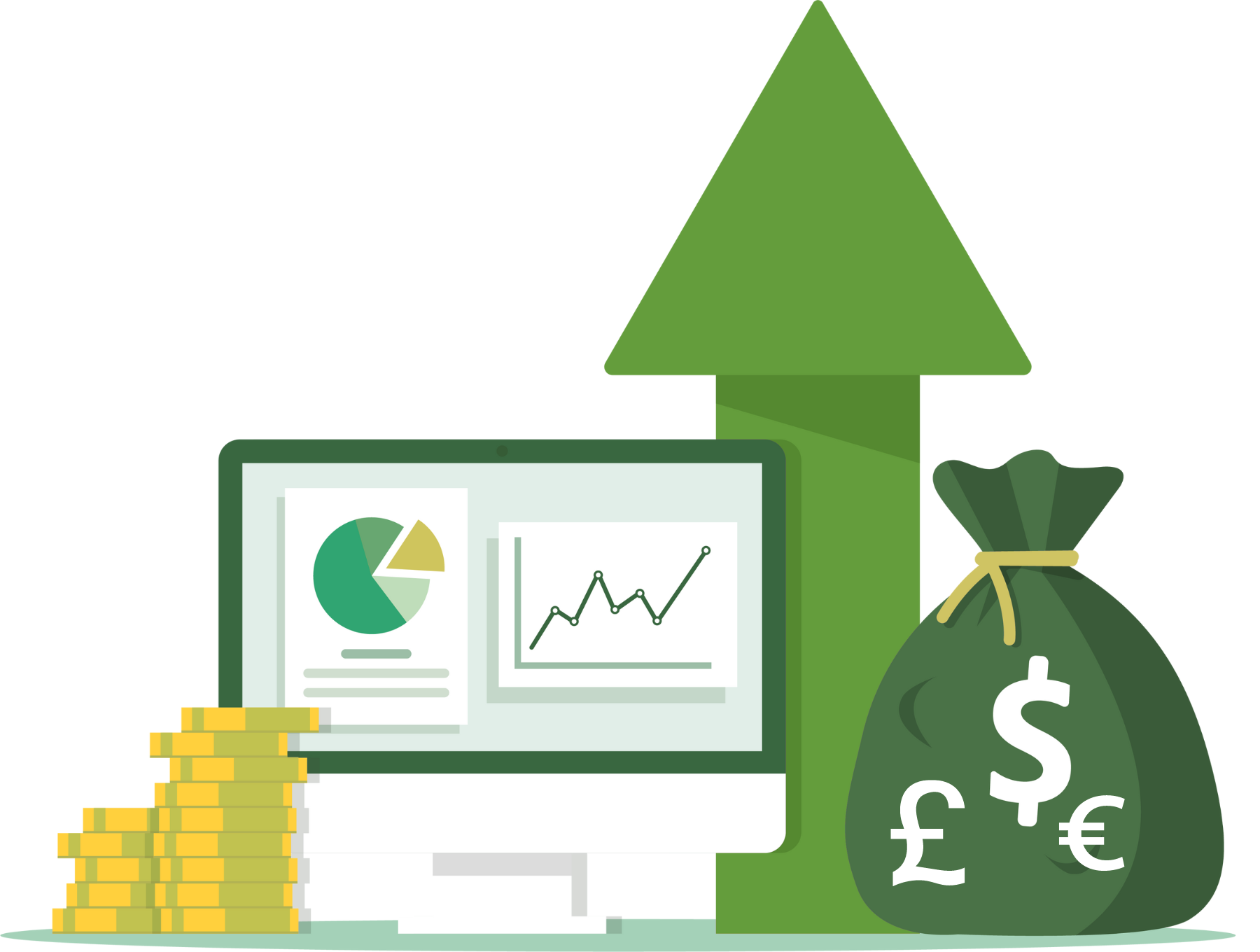
Budgeting, saving, investing, managing debt
Examples of personal finance include budgeting, saving, investing wisely, and managing debt effectively.
Personal finance involves managing your money to make sure it works for you and helps you achieve your goals. To make it clearer, let’s look at some everyday examples of how personal finance concepts can be used in real life.
Examples
Budgeting
Imagine you get $100 (€ or £) a week from your job or allowance. Budgeting means planning how you’ll spend and save this money. For example, if you spend $30 (€ or £) on food, $20 (€ or £) on entertainment, and save $50 (€ or £), you are budgeting. It’s like making a plan to use your money wisely. If you have a budget, you know exactly where your money is going and how much you have left for other things.
Saving
Saving is putting aside some of your money for future needs. Suppose you want to buy a new bike that costs $200 (€ or £). If you save $20 (€ or £) each week, it will take you 10 weeks to have enough money. Saving helps you prepare for big expenses and emergencies, like a broken phone or car repair. By regularly setting aside a portion of your money, you build a safety net for future needs.
Investing
Investing means using your money to buy things that could increase in value over time. Let’s say you invest $50 (€ or £) in a savings account with a small interest rate. Over time, your $50 (€ or £) will grow a bit more because of the interest. Investing is different from saving because it can help you grow your money faster, but it also means you could lose some of it.
Understanding Your Credit Score
Your credit score is a number that shows how good you are at repaying borrowed money. For example, if you always pay your bills on time, your credit score will be higher. A good credit score helps you get better loan terms, like lower interest rates. If you miss payments or borrow too much, your credit score can drop, making it harder and more expensive to borrow money in the future. Keeping a good credit score helps you in many financial areas.
Building an Emergency Fund
An emergency fund is money set aside for unexpected expenses, like car repairs or medical bills. Imagine you save $10 (€ or £) each week into a separate savings account just for emergencies. Over time, this fund grows and can help you cover unexpected costs without borrowing money.
Managing Debt
Debt is borrowed money you must repay. For example, if you borrow $100 (€ or £) to buy a new gaming console, you’ll need to pay it back, usually with some extra money called interest. Managing debt means keeping track of what you owe and making sure you pay it back on time. Too much debt can be a problem, so it’s important to borrow only what you can afford to repay.
Planning for Retirement
Even if you are young, it’s smart to start saving for retirement. For example, if you save a small amount regularly into a retirement account, like a 401(k) or IRA, you’ll have money set aside for when you stop working. Starting early helps you build a comfortable nest egg for the future.
Managing Expenses
Expenses are all the things you spend money on, like groceries, rent, or going out. Tracking your expenses helps you see where your money is going and find ways to save. For example, if you notice you spend too much on eating out, you might decide to cook more at home.


